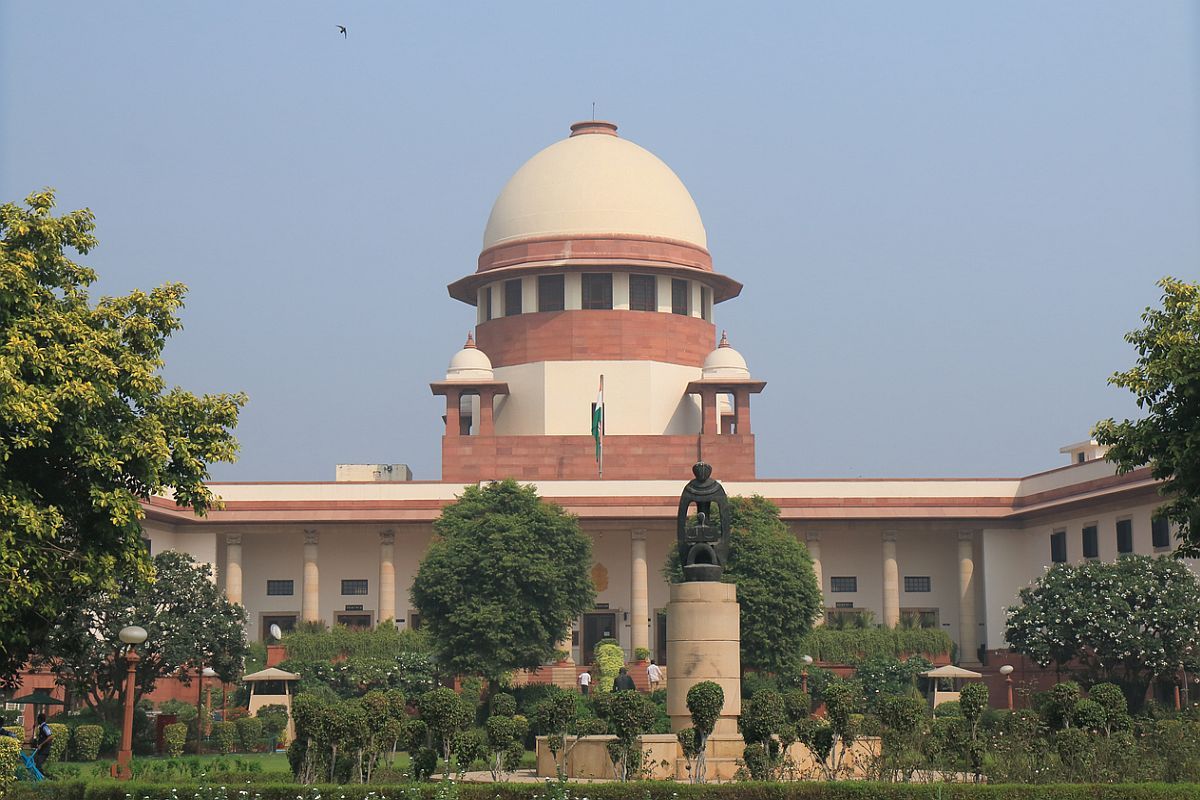India’s Got Latent: SC issues notice on YouTuber Ashish Chanchlani’s plea against FIRs
SC issues notice on YouTuber Ashish Chanchlani’s plea to quash or transfer FIR in India’s Got Latent case; tagged with Ranveer Allahabadia’s petition.
The IUML had earlier moved the Supreme Court, seeking a stay on the CAA and rules notified by the government in March.

Supreme Court (Photo: iStock)
With the Union Government implementing Citizenship (Amendment) Act (CAA) and having granted citizenship certificates to more than 300 people who applied under the Act, the Indian Union Muslim League (IUML), an ally of Congress in Kerala, has decided to approach the Supreme Court and the Election Commission of India, citing the violation of poll guidelines.
The IUML had earlier moved the Supreme Court, seeking a stay on the CAA and rules notified by the government in March. It challenged the CAA arguing that excluding Muslims from the law goes against the right to equality under Article 14 of the Constitution.
Advertisement
Indian Union Muslim League’s (IUML) national General Secretary PK Kunjalikutty on Thursday said the issuance of citizenship certificates under the CAA Rules, 2019, is a clear violation of the Centre government’s assurance given in the Supreme Court.
Advertisement
The government has started distributing citizenship certificates under CAA to influence the voters, he said, and urged the Election Commission to take action against this alleged breach of election guidelines.
The IUML has started discussions with senior lawyers in Delhi to take legal opinion on the matter.
“We have approached the lawyers to take our fight against CAA to the next level. The party will approach both the Supreme court and Election commission in the matter,” IUML state General Secretary PMA Salam said.
The Union Government on Wednesday granted citizenship certificates to more than 300 people, who applied under the Citizenship Amendment) Act(CAA), 2019. At least 14 people were handed their certificates by Union Home Secretary Ajay Kumar Bhalla in Delhi.
The CAA was enacted in December 2019 to grant Indian nationality to persecuted non-Muslim migrants from Bangladesh, Pakistan and Afghanistan. These include Hindus, Sikhs, Jains, Buddhists, Parsis and Christians. The Act got the President’s assent but the rules under which the Indian citizenship was granted were issued only on March 11 this year after over four years delay.
Advertisement